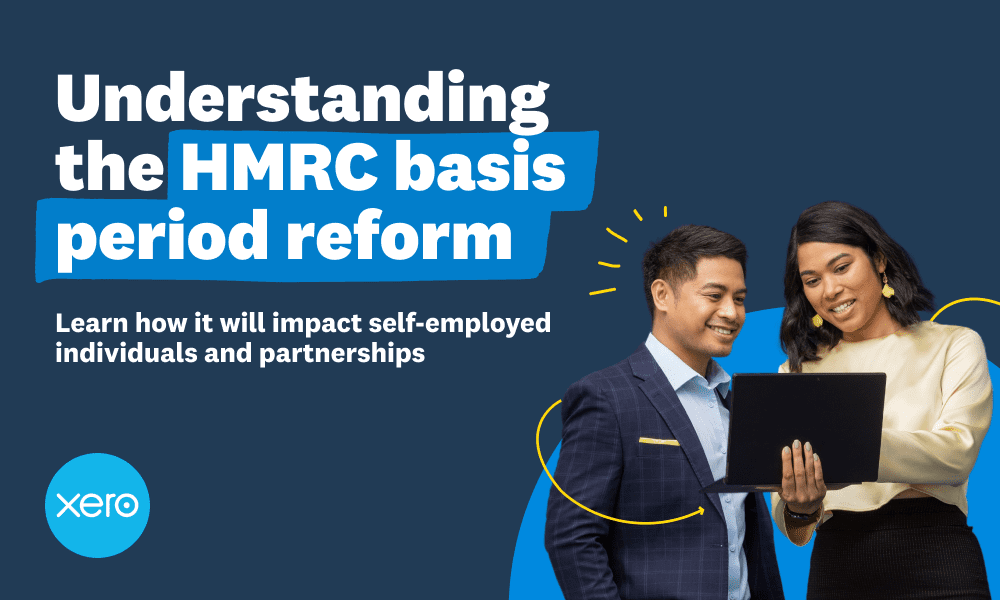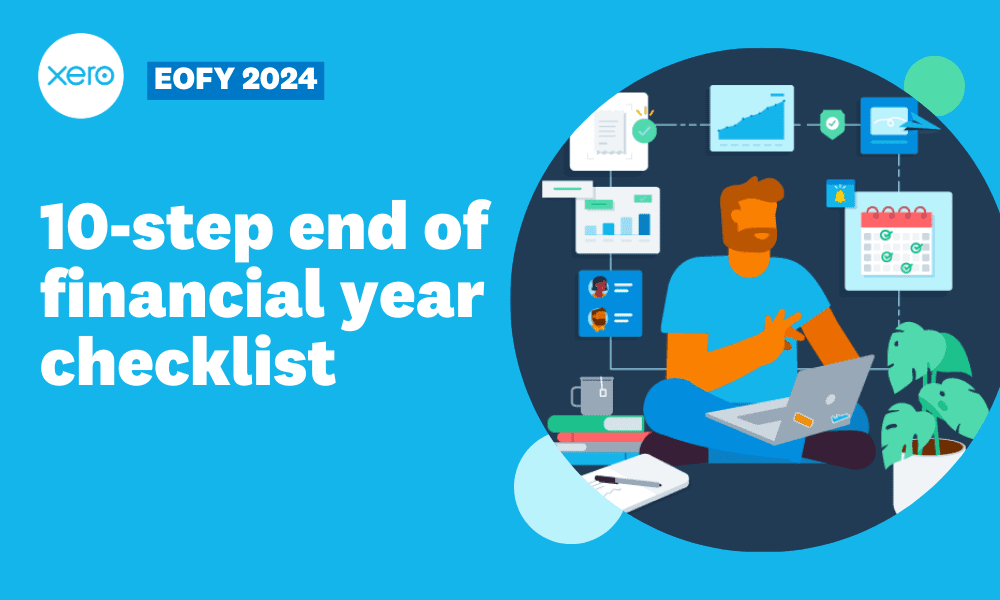Being a sole proprietor is a rewarding, but challenging, journey. Many sole proprietors view managing finances as one of the most challenging tasks. But thanks to accounting software for sole proprietors, financial management (and analysis) has gotten faster and easier.
This guide dives into the different aspects of sole proprietor accounting software, including benefits, features to look for, and recommendations for informed decision-making.
What is accounting software for sole proprietors?
Accounting software for sole proprietor businesses is a system that streamlines recordkeeping, invoicing, and more. The software stores your company’s transactions all from your account. It can also generate key reports automatically (e.g., profit and loss statements).
Sole proprietor accounting software typically includes features like income and expense tracking, invoicing, bank transaction imports, and account reconciliation.
Some accounting systems are built for large companies and therefore have extra features that a sole proprietor may not need.
When selecting software, consider systems that offer:
- Ease of use
- Minimal setup
- Features that meet your business needs
Accounting software for sole proprietors should be fast and simple so you can manage your books with ease and get back to your business.
Do sole proprietors need accounting software?
Sole proprietors are not required to use accounting software. However, the IRS requires everyone in business to keep accurate and complete records. Accounting software aims to make accurate and complete recordkeeping easier.
Some sole proprietors use spreadsheets, especially in the early stages of business ownership. But thanks to technological advancements, sole proprietors don’t have to manually manage their books anymore. Software streamlines the tedious process of recordkeeping and can help prevent data entry errors.
Here’s what one business owner had to say about switching from spreadsheets to accounting software:
“Before [using accounting software], every single year I had a huge stack of receipts that I had to type by hand for my expenses. But now, I sync up my bank account, and it’s all there. It’s a lot easier than a spreadsheet of teeny-tiny receipts and going, ‘Oh wait, did I put that bill in?’”
Accounting software automates many financial management tasks, from income and expense tracking to financial report generation. This automation saves you time and increases accuracy, giving you a clearer picture of your financial health.
So, do sole proprietors need accounting software? Yes and no. Yes, because you need accounting software if you want to spend less time managing your company’s books. No, because no law mandates that you use accounting software.
The bottom line is that accounting software is a tool to make your life easier—take advantage of it!
Can a sole proprietor manage finances without software?
Again, the IRS requires that all businesses keep good records. According to the IRS, good records can help you:
- Monitor your business progress
- Prepare your financial statements
- Identify sources of your income
- Keep track of your deductible expenses
- Prepare your tax returns
- Support items reported on your tax returns
Although it is possible to do all of this by hand or with basic tools like spreadsheets, ask yourself this: Do I want to?
Manually managing your finances can be time-consuming, inefficient, difficult to scale, and make your books prone to mistakes. Assess your time and be honest about what you can and can’t do manually.
By automating your accounting, you can save time for other operations in your business.
What are the benefits of using sole proprietor accounting software?
There are several advantages of accounting software for sole proprietorships, partnerships, corporations, and LLCs.
As a sole proprietor, you can use accounting software to:
- Automate processes: Invoice customers, accept credit card payments, send automatic payment reminders, and automatically import transactions.
- Save time: There are countless transactions in business. Recording each transaction manually is time-consuming and tedious.
- Get insight into your business’s financial health: Accounting software takes your records and automatically generates key accounting reports, like your P&L statement and balance sheet.
- Reduce errors: Data entry errors are common, but you don’t have to worry about them with features like automatic bank transaction imports.
- Streamline tax filing: Securely upload and attach your receipts and other records to your transactions for easy tax preparation.
What is the best accounting software for sole proprietors?
To find the best sole proprietor accounting software, consider factors like cost, features, user reviews, and ease of use.
1. Cost
As a sole proprietor, you likely want affordable tools. More importantly, you want affordable tools that also include the features you need.
You need to consider “value for money” to find affordable software that also gets the job done.
Compare the cost of different accounting systems on the market and the features included in the price.
Best Value for Money Alert! According to Capterra, a popular review site, Patriot’s accounting software beats competitors like QuickBooks Online and Zoho Books for value for money.
2. Features
The best accounting software for sole proprietors has the features you need to save you time and headaches. So, how do you determine which provider has the features you need?
Compare accounting software system features by looking at comparison pages on review websites and feature lists on the providers’ websites.
3. Reviews
What do actual users think about the software? Consumers aren’t shy about sharing their experiences—the good and the bad.
Check out customer reviews on review sites (e.g., Trustpilot). You may also find customer testimonials on the software provider’s website and social media accounts.
Pay attention to themes in the reviews. Is more than one person complaining about customer support? Are people generally happy with the value for money?
4. Ease of use
Is the software intuitive, or do you need to spend a weekend learning how to use it? And if you need help, what kind of resources are available? Does the software provide guides, tutorials, videos, and free USA-based support?
If you are new to accounting, consider shopping for software that’s designed to be easy for small business owners, yet powerful enough for accountants, like Patriot Software.
What features should sole proprietors look for?
The features you need might differ from the features a manufacturing plant with 5,000 employees needs.
Prioritize features that streamline your specific business processes, such as invoicing, expense tracking, and financial reporting.
Accounting software features vary, but here are some that might be important to you:
- Track your expenses and income
- Invoice customers
- Accept credit card payments, Apple Pay, or Google Pay
- Pay vendors
- Create and print Forms 1099-NEC and 1099-MISC
- Automatically import bank transactions
- Reconcile your accounts
- Robust accounting reports
- Add other users and set users-based permissions
- Set up recurring invoices
- Automatically send invoice payment reminders
- Attach receipts and other documents to your transactions
- Payroll integration
Before shopping for software, make a list of the features your business needs and the features you’d like to have.
Pro tip: Features are essential, but don’t forget the importance of whether you can use those features. Look for user-friendly accounting software to take advantage of all the features you need!
Ready to shop? Check out Patriot’s accounting software
Patriot’s online accounting software is fast, easy, and affordable. Our software includes the features you need to manage your books and get back to your business.
Patriot has two accounting products depending on your business needs: Accounting Basic or Accounting Premium. Learn more about our accounting when you sign up for a no-obligation demo here.
This is not intended as legal advice; for more information, please click here.




